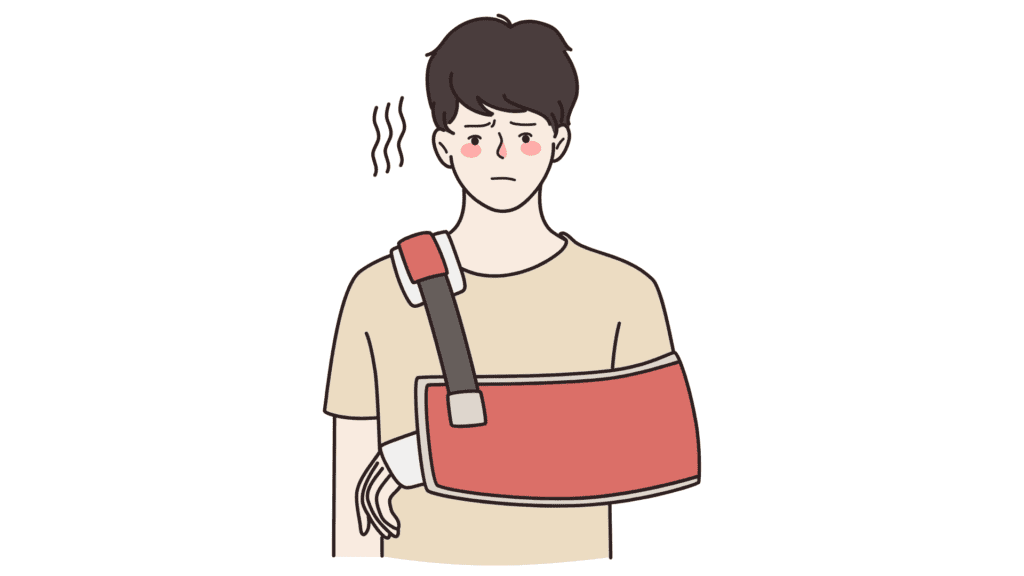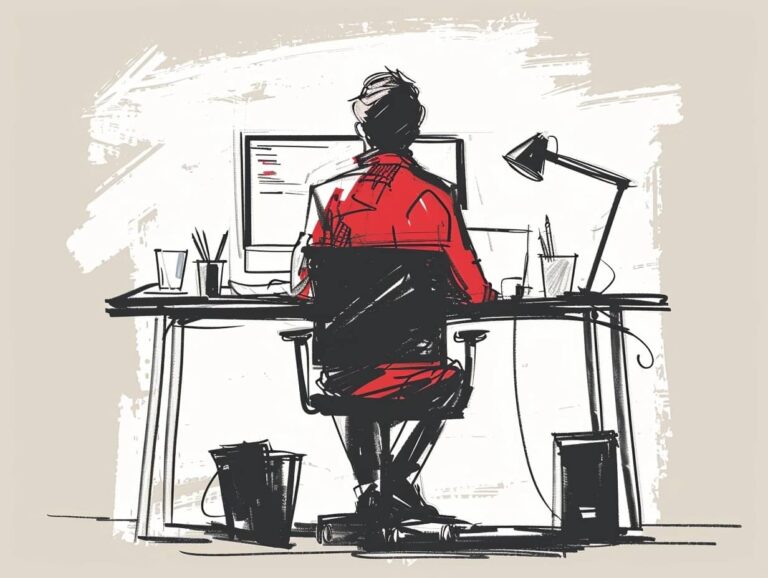Workers Compensation Guide for Injured Employees

Hurt at work? Let’s talk about navigating the maze of workers’ comp without losing your mind (or your benefits).
Because let’s face it – dealing with workplace injuries is stressful enough without adding paperwork confusion to the mix.
First Steps After Injury
First up – what to do right after you get hurt (besides saying “ouch”).
The most important thing? Tell your employer immediately.
Why? Because in the workers’ comp world, timing is everything:
- Late reporting can kill your claim
- Details get fuzzy over time
- Evidence disappears fast
When reporting, provide clear details about your accident’s time, location, and circumstances. Trying to exaggerate or omit information may introduce loopholes that could hurt your case.
Medical Care Essentials
Here’s something people mess up all the time – you can’t just go to any doctor.
The Rules:
- Use approved providers (yes, really)
- Tell them it’s work-related
- Keep every piece of paper they give you
- Follow their instructions (even the annoying ones)
Pro tip: That massage therapist your friend recommended? Probably not covered.
You should follow all medical advice and treatment plans from your doctor. Keeping copies of all medical records, prescriptions, and receipts is equally essential.
Documentation That Matters
Time to channel your inner detective:
Keep Records Of:
- Incident details (when, where, how)
- Photos of everything
- Witness info (get those names!)
- Every. Single. Receipt.
Think of it like building a case on CSI, except instead of solving a crime, you’re proving your injury is legit.
Filing Your Claim Right
After researching this article, here’s what actually matters:
The Do’s:
- File within deadlines
- Double-check everything
- Follow up regularly
The Don’ts:
- Exaggerate anything
- Skip details
- Ghost your insurance adjuster
When to Call a Lawyer
Sometimes you need backup. Like when:
- Your claim gets denied
- Benefits seem low
- Things get weird with your employer
Most workers’ comp attorneys offer free consultations. It’s like a free second opinion, but for your case instead of your injury.
A seasoned workers’ compensation lawyer can provide guidance on maximizing benefits, such as understanding complex paperwork or identifying potential pitfalls. Their initial consultations are often free, allowing you to discuss your case without financial commitment.
Tracking Your Case
Here’s the secret sauce – document everything like you’re writing a novel:
- Keep a communication log
- Save emails
- Follow up in writing
It is vital to use clear channels of communication, like email, when possible, as they automatically provide written records. Even phone calls should be followed up with a written summary and sent to the relevant party for confirmation.
In summary Workers’ comp isn’t rocket science, but it’s also not a DIY YouTube tutorial.
What We Know:
- Timing matters hugely
- Documentation is your friend
- Following rules = getting paid
- Lawyers can help
What We Don’t Know:
- How long your case will take
- If your employer will play nice
- Whether that pain will actually go away
My advice? Treat your workers’ comp case like a full-time job until it’s settled. Because sometimes, the paperwork hurts more than the injury! 😉






